South Africa
More than 80 percent of South African children around the age of 10 have trouble reading and understanding what they read at the same time, an international study released Tuesday shows.
"Unfortunately, the results show disappointing scores," said Education Minister Angie Motshekga, citing the Progress in International Reading Literacy Study (Pirls), conducted every five years since 2001.
Thus 81% of South African schoolchildren in the fourth year of primary school, i.e. around the age of ten, read with difficulty, compared to 78% five years earlier. The coronavirus pandemic has contributed to the worsening of illiteracy, she said at a conference in Pretoria.
According to the minister, in many elementary school, "reading instruction focuses solely on oral performance, neglecting reading comprehension and the meaning of written words.
And many schools in Africa's most industrialized country lack textbooks and libraries, sometimes also lacking proper infrastructure or toilets.
Thirty years after the end of apartheid, the country is still marked by the poor education long imposed on the majority black population under the segregationist regime.
Many grandparents and parents are partly illiterate and find it difficult to help their children learn to read.
South Africa is one of three countries on the continent that participated in this study, along with Morocco and Egypt, and the only one in sub-Saharan Africa.



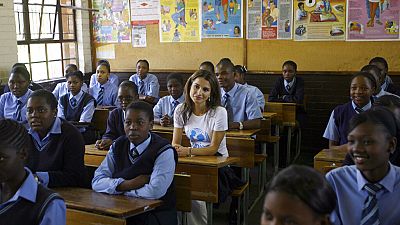

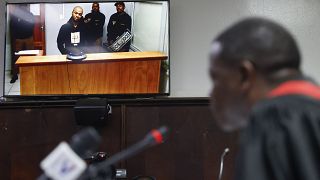
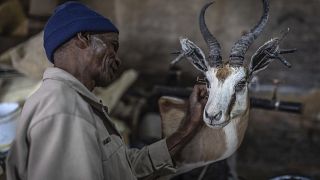

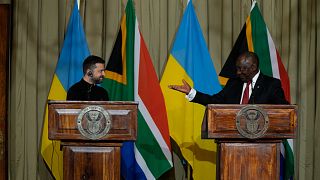
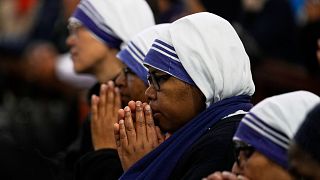


00:47
Ghana: President Mahama suspends Chief Justice Gertrude Torkornoo
Go to video
Police rescue 33 West Africans from a human trafficking scam in Ivory Coast
Go to video
Pope Francis' funeral scheduled Saturday April 26
Go to video
In Namibia, horse-riding becomes therapy for children with special needs
Go to video
Al-Qaida-linked militants attack a strategic town in Somalia
Go to video
Trump administration threatens Harvard over foreign student visas and protest ties